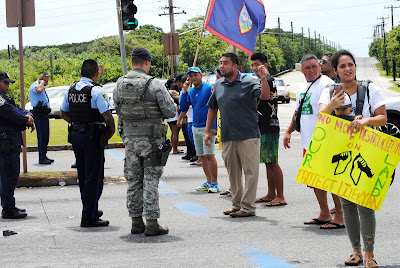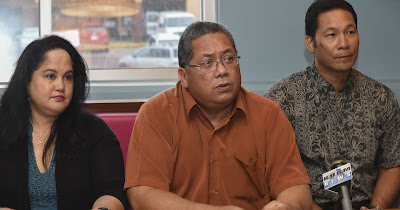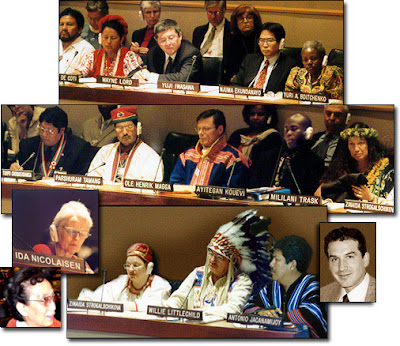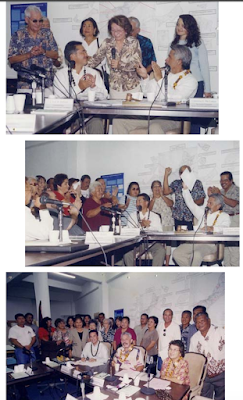On April 7, 2017, more than 800 people gathered in the field in front of the Ricardo J. Bordallo Government Complex in Adelup, Guåhan for the “Respect the Chamoru People Rally.” The event, organized by a grassroots collective of volunteers, aimed at celebrating the culture of the island’s indigenous people, the Chamorros, and at helping remind the Guam community about the need to maintain a respectful relationship to them in their island homeland. The event was non-partisan, backing no political candidates or agendas. Over the course of the event’s 2 ½ hours, 15 speakers shared stories of the struggles of Chamorros in the past and the need to protect their island and heritage for future generations. Cultural groups offered blessings. Poets and musicians delivered inspiration through powerful words and melodies. Community organizations manned tables providing information on the military buildup, decolonization, and cultural preservation. The Håya Foundation, which seeks to preserve





